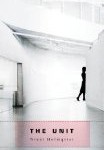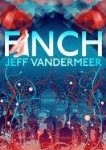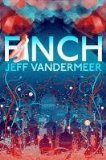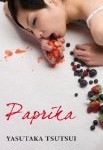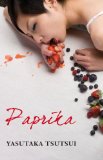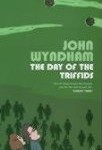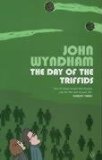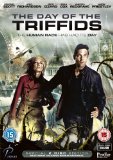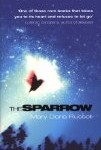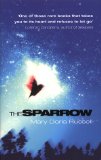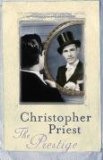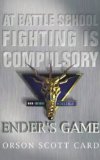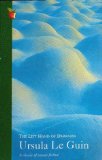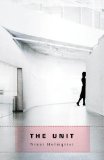 Translated from the Swedish by Marlaine Delargy
Translated from the Swedish by Marlaine Delargy
If there is a fine line between love and hate then this book is managing to balance on it! I was completely gripped to the text, but everything about the plot frustrated me. I was inwardly groaning as I read each new development, unable to believe what was happening. I am a big fan of dystopian fiction, but the plot was so farcical that it lacked the scary, thought-provoking response that this genre normally delivers.
The Unit is a state-of-the-art facility to which all childless, singles are sent once they fail to be of use to society. If they aren’t in an important job then all females are sent at the age of 50 and men on their 60th birthday. Whilst in the facility they are well looked after, but over time all their organs are harvested and donated to younger members of the population. They are also subjected to scientific experiments; until after a few years they make their final donation….
My main problem was that the whole idea had so many flaws:
- Why wouldn’t all the single people just find someone to marry? If I knew I could avoid having all my body parts removed one by one then I wouldn’t be that fussy about who I married!
- Wouldn’t it be easier to just kill them when they reached the specified age instead of paying for all those fancy facilities?
- Why were they doing research on the people and then using their organs – surely this would damage the tissues and leave them inappropriate for use in others?
I also had major problems with the plot. I could list lots of examples, but the major ones were:
SPOILERS!!!
(highlight to view)
- Pregnant?!
- Why did she return after escaping?!
I was almost shouting at the book. I couldn’t believe what was happening!
This book is easy to read and a real page turner. I can’t really fault the controlled, sparse writing and I admit there were a few emotional moments, but I’m afraid the plot wasn’t on my wavelength.
Overall I was so infuriated with this book that I can’t recommend it, but it is a fine line between love and hate…..
The thoughts of other bloggers:
…..a gripping, heart wrenching, thought provoking read. My Friend Amy
…..it will make you think twice about a whole host of issues, and is a natural for book club discussions. Rhapsody in Books
I fall short of adoration with The Unit, but I sure did like it a great deal. Galley Smith
Did anyone else find the plot frustrating?
